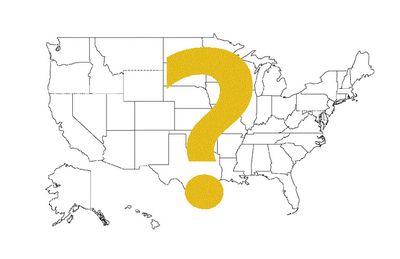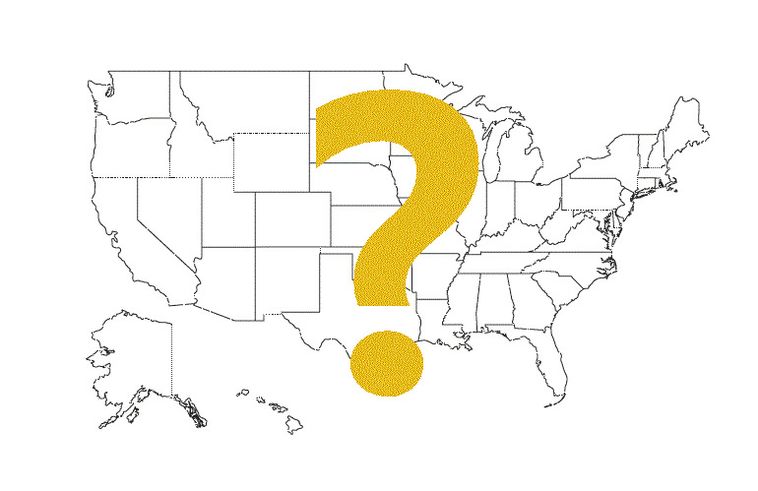How to Serve Someone Court Papers Without an Address


Whether it is an e-mail address, an internet protocol (IP) address, or a mailing address, addresses are the way that people get in touch with one another. Consider how difficult it would be to direct someone to where you were at if you could not provide them with any address. While this could be done, the process could take longer and there would likely be additional confusion along the way.
The same is true when it comes to serving papers to individuals. If you are suing someone, one of the first things you must do after filing your case is serve the other party with notice of your lawsuit. In most cases, this must be done by personally delivering a copy of your lawsuit papers to them. However, if you do not have a physical address where you can find the other party, you can run into difficulties when serving someone you cannot locate.
Not being able to serve someone when you are trying to sue them is more than a minor inconvenience. The rules for serving legal documents are clear and the court may not allow your lawsuit to proceed. Your jurisdiction’s laws may require the court to dismiss your lawsuit entirely if you cannot serve the other party within a reasonable amount of time.
How to Find Someone's Address to Serve Them
It is not always challenging to find a party’s address in order to sue them. For example, suppose that you are involved in a car accident after another driver ignores a red light and crashes into you. If there are injuries or significant property damage, law enforcement will show up on scene and prepare a report of the accident.
Once the report is completed, you can request a copy of the report. Among the other information contained within this report, you will find the name and contact information of the other driver as well as their insurance carrier. Armed with this information, brining suit against that party and their insurer is often not difficult since you will have the address for both parties.
Similarly, in a medical malpractice lawsuit there is often a mountain of reports and records available from the hospital, surgery center, or your doctor’s office documenting your procedure. These records will often include the names of medical providers and organizations involved in your procedure.
While these medical records may not contain the home addresses of your providers, they do include the offices with which they are affiliated. Armed with this information, it is typically not difficult to find and sue the negligent provider or facility.
Why You Might Not Have the Other Party’s Address
Not every injury accident results in the preparation of a report as detailed and informative as accident reports or medical records can be. There are numerous situations where you might not have the address of the person who injured you:
You were hurt by a hit-and-run driver and do not know the driver’s identity
You were injured in a work zone by a temporary worker or one for whom the employer does not have accurate address information
You do have an address for the other party but the party has moved and has not left a forwarding address
The address you have is only a partial address and does not contain enough information to locate the other party
The public address listed for a person is only a PO Box
Without a valid physical address to serve someone, you and any process server you hire will face a difficult time finding the other party in order to personally sue them. You might also run into trouble achieving residential service if you do not have the physical address of the person’s primary residence.
Default Judgments for Not Having an Address
You might be wondering, “Can the court enter a judgment against the other party if I cannot find them and serve them? Yes, the court can enter a default judgment in your favor under these circumstances, but the matter is not as simple as it might appear.
Suppose you are injured by a negligent driver. You obtain a copy of the accident report for your crash and you attempt to personally serve papers the negligent driver at their address. However, your efforts are frustrated when you learn the driver no longer lives at that address but has instead moved to a new address. This makes personal service and residential service impossible for you to accomplish.
With permission of the court, you serve the other party by certified mail and by publishing notice of your lawsuit. When the other party does not respond to either form of service, you ask the court to grant you a default judgment. Having been unable to locate the other party to serve them otherwise, the court grants your motion and enters a judgment in your favor.
Without a physical address for the other party, you may find it difficult to collect on your judgment. Locating any assets that the other party owns can prove extremely difficult if you have no way of verifying an asset truly belongs to the other party.
Now, suppose that when you go to collect your judgment form the defendant’s assets, you finally locate the other party. The other party may ask the court to set aside the default judgment, undoing the award in your favor and delaying the resolution of your matter even further.
This example illustrates that a default judgment may not be the magical answer it appears to be when you want to serve someone you cannot find an address for.
How Do You Serve Someone Court Papers if You Don't Know Their Address
Not having an address for the other party is a challenging position to be in, but it is not impossible to navigate. There are steps you can take to still find someone to serve court papers even without a physical residential address:
Rules for Serving Legal Documents Allow You to Serve Someone in Any Public Setting
Remember that personal service does not mean you must serve them at their place of residence or place of employment. You can have them served in any public setting so long as you or your process server do not commit a crime in serving them. If you know the other party frequents a coffee shop or a gas station, you can prepare to serve them at that location and thereby achieve personal service.
Find Someone to Serve Court Papers by Tapping Sources of Information
Witnesses to your accident or people in the vicinity of your injury incident may have information about the identity and whereabouts of the individual you are searching for. While conducting such an investigation can take some time, talking with others who have information about your accident may yield the information you need to serve the other party.
Remember Some Parties May Have Agents or Other Individuals You Can Pursue
Let’s now explore how to serve a lawsuit if the party you are trying to sue is a business registered with your state; then chances are good that they have consented to having a designated agent served with legal paperwork. Serving a business’s agent can be much simpler than trying to locate an individual with no address.
Similarly, if the individual was working for a company when they injured you, then most likely the business will have to indemnify their employee. You would want to bring suit against the business anyway, as they are more likely to have the financial resources to pay damages to you.
Use a Professional Process Server
Although most states do not require you to hire a professional process server when it comes to who can serve court papers; to serve a party, using one’s services can be valuable to you in the event that you do not have an address for the other party. Such an individual should have skills that can assist you in this situation, including the ability to consult with public sources of information and individuals to help locating the other party.
Because service is accomplished when the other party is personally served, your professional process server can create and carry out a plan to monitor one or more locations where the other party could be located.
Do Not Give Up If You Can't Find Someone to Serve Court Papers
It is important to remember not to give up or become despairing if you go to file a lawsuit and discover you do not have a valid address where the other party can be served at. The rules for serving legal documents provide you with options available that can help you locate the other party or, if that is not possible, giving them a reasonable opportunity to know about your suit and their rights.
Ultimately, courts do not expect the impossible from you when it comes to serving lawsuit papers to the other party. If you need to serve a party in order to get your case moving, all that the court will require you to do is to make a reasonable attempt under the circumstances to notify the other party.
Because a professional process server will be familiar with your state’s laws and the various ways in which a person can be legally served, hiring such a professional to help you in your case can oftentimes satisfy any concerns the court may have about the adequacy of your service attempts.